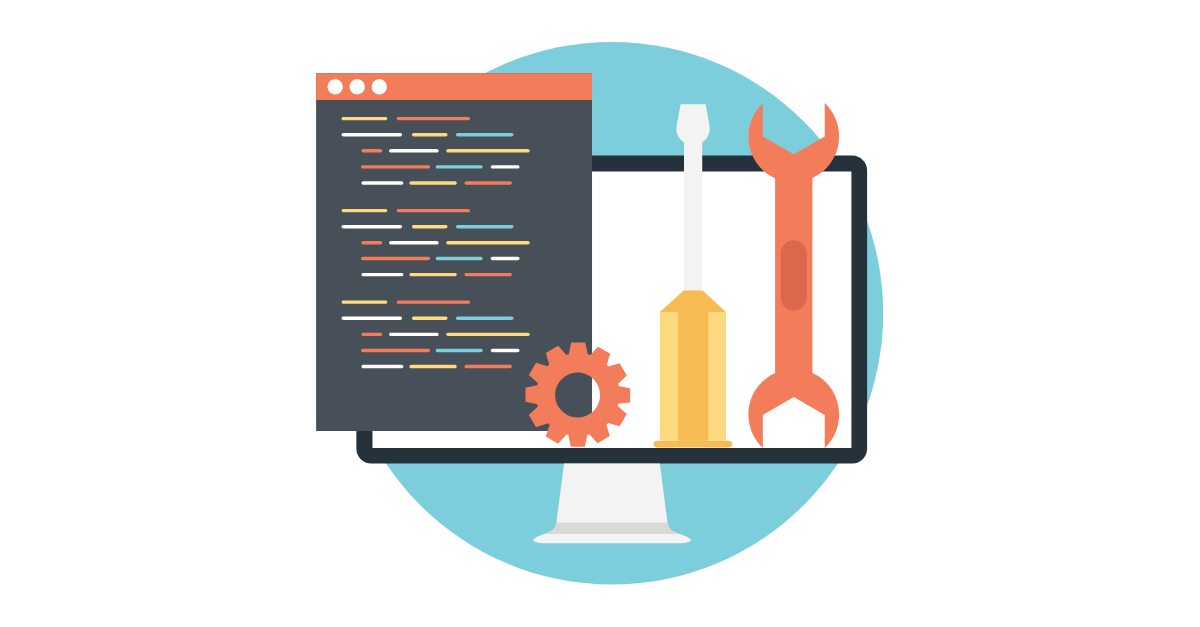In today’s digital landscape, it’s more important than ever to have a strong web presence that speaks to your audience on the front end while also providing the functionality you need on the back end to customize your website. A reliable content management system (CMS) will help you achieve this. We’re here to explore the basics of a CMS to provide you with a solid foundation.
Introduction to CMS
CMS stands for content management system and is software that gives users the ability to build and manage a website. It’s a centralized location where everything can be done from setting up initial website pages to storing content and designing a smooth web browsing experience.
Having a fully featured CMS is crucial for efficient content creation and management, a better user experience for customers, and integration capabilities. It’s essential for those seeking to maintain an effective online presence without needing the technical skillset of a web developer to make daily changes to their website or perform business-specific tasks.
Common features that you’ll find useful in a versatile CMS include:
- Content Editing: The ability to create and edit content easily with support for basic formatting options
- Content Publishing: A flexible workflow that takes users through stages of drafting, reviewing, approving, and publishing.
- Customization: The ability to create custom templates, themes, and layouts, allowing users to design the visual appearance of their site to align with branding.
- Media Management: A centralized library to store media like images, videos, documents, etc. It can be uploaded, organized, and managed all in one place.
- User Management: The ability to create roles and customize the front-end and back-end site permissions and experiences to accommodate various users and their different needs
- Security: Regular updates and patches to protect against vulnerabilities.
- Analytics and Reporting: Tools for tracking website performance and providing insights on relevant metrics.
- Integrations: Options for supporting seamless integration with external systems and services.
- Backup Safeguards: A reliable backup and restore process in case work is lost or needs to be reverted to an older version.
Types of Web Development
Here at emfluence, our developers are proficient in a variety of technologies, tools, and platforms used to create and maintain websites. While there are plenty of content management systems out there, we’re going to focus specifically on Drupal and WordPress, two of the most common CMS systems used by our clients.
Each of these platforms have their own strengths and cater to different project requirements, expertise, and scalability needs. Understanding the types of web development available can help you make informed decisions to create successful online experiences.
Here’s the basics but look to future blogs for in-depth dives into each:
- Drupal: A powerful CMS suitable for complex customization and feature-rich websites, known for its robustness and scalability.
- WordPress: A popular CMS that’s beginner friendly and widely used for everything from a simple small business site to large-scale multisites.
Key Skills of Developers
A proficient web developer has several characteristics that set them apart when it comes to delivering high-quality web solutions. This is what to look for and what our very own emfluencers pride themselves on:
- Proficiency in web technologies: It’s important to have a strong understanding of web technologies and their related frameworks. Knowing how all the pieces work together allows developers to build complex and responsive websites.
- Full-stack development skills: Whether it’s front-end or back-end development, the ability to work on the client-side and the server-side is valuable. Accounting for factors like user experience and server configuration leads to comprehensive solutions.
- Continuous learning and adaptability: Technology is always changing, and the world of web development is known for being fast-paced. A smart web developer is open to embracing new technologies and improving their skills and best practices.
- Communication and collaboration: To make a project successful, there are several components that need to work well together. Possessing effective communication and collaboration skills is highly sought after. Web development involves working with designers, project managers, clients, and other team members — effectively communicating ideas with the ability to translate technical concepts into non-technical language is essential.
- Security awareness: Security is a critical aspect of web development especially when so much information is being filtered through a website from passwords to customer data. Understanding data encryption, employing secure coding techniques, and staying informed about vulnerabilities is an important focus.
emfluence + Web Development Services
At emfluence, we have a whole team of smart and intuitive web developers with backgrounds in all kinds of programming languages and CMS platforms.
Expertise at emfluence encompasses various technologies and industry best practices. Our developers are trusted by clients to deliver exceptional web development projects and website experiences.
emfluence takes pride in our ability to understand business objectives and turn them into innovative, user-centric digital experiences. Interested in learning more? Reach out to us at expert@emfluence.com and ask about the web development services we offer.



